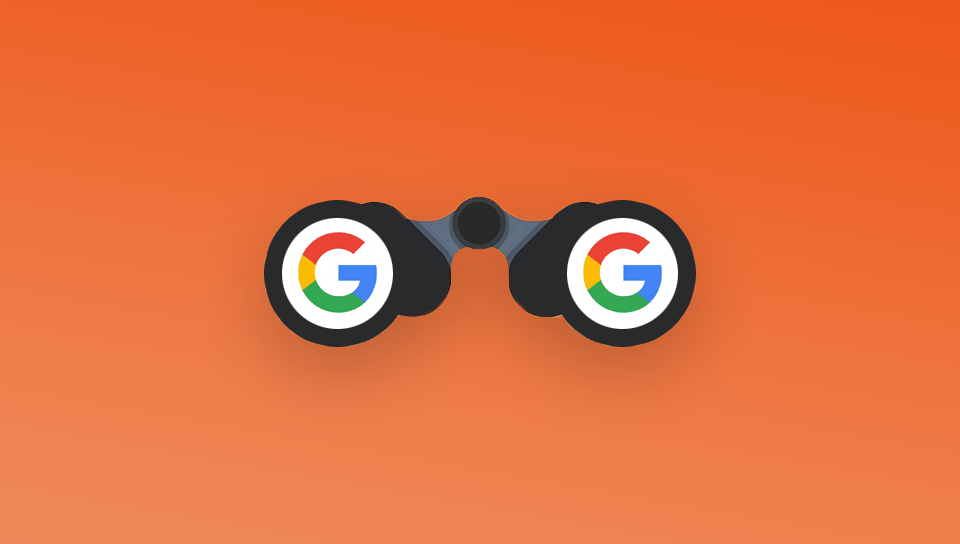
Google is eavesdropping on its users, according to a report published by the Belgian Radio and Television Corporation. It seems that the proverb “walls have ears” is outdated. It is no longer only the walls that have ears, but our mobile phones also have ears or microphones that eavesdrop on us.
I am not the only target, but it is one of the methods that companies use today in a hurry to collect the largest amount of data about their users, but why? Do you remember how many times the ads you see within Google were closely related to the last conversations you had with someone, yes Google – and perhaps other applications – was here as another party to those conversations, but that is not the only purpose.
Google services use the microphone in order to receive voice commands, as Google needs to constantly listen to you to know when to respond to your commands when you ask it for any service.
It makes sense, how can Google Assistant respond to you when you ask for help, or how Google Maps can give you the desired location when you say “Hey Google” if you don’t have microphone permissions? But the most important question here is what is the fate of our conversations that Google listens to? And what degree of privacy does Google give us? As he not only listens to her, but also keeps some audio clips of us that may be from our daily conversations away from the voice commands we direct to him.
These audio clips can help the artificial intelligence mechanisms of Google services to develop and understand their users better over time. You talk to him from afar or if there is some background noise, in addition to being able to direct personalized ads to each user, do you remember how many times you saw ads against the background of a conversation you had with your friend about wanting to buy something?
For many, it is acceptable, as my friend commented sarcastically, “At least someone cares to listen to us,” while others consider it a violation of their privacy.
How do you know what Google kept of your conversations?
You can access all the recordings that Google has taken and kept, in case you were not aware of the existence of such recordings, you will be surprised by the recordings that you will hear as you will hear a voice but you may not remember when you said that because those short recordings are taken from your daily conversations, follow the following steps to access she has:
Open your browser and make sure that you are logged into your Google account, type in the Google My Activity search box, and enter the first site that appears in front of you.
Choose Web & App activity, then select the Manage all web and App activity option.
Then choose Filter by applications and product.
A list will appear in front of you, choose Voice and Audio, then press the Apply button.
You will see all the audio clips that Google keeps, but if you don’t find the voice and audio option, that means that you haven’t turned on the option to include audio recordings within your Google account.
How do you prevent Google from eavesdropping on you?
Fortunately, you can stop Google from listening to you, which sounds positive if you consider what Google is doing as an infringement of your privacy, but it will make it somewhat difficult to use Google services that rely on voice commands. In general, you can undo this step at any time.
Turn off Google Voice Record
This method will enable you to prevent Google from keeping your voice recordings in your account, but it does not mean that Google has stopped listening to you, that is, you will still be able to use Google services that rely on voice commands.
Head to the My Activity page on Google via the following link.
Choose “Web and activity.”
Uncheck the “include audio recordings” option.
Prevent the Google Assistant from eavesdropping on you
Google Assistant is one of the most services that remains ready to hear any command from you, and therefore it listens to you permanently to receive the command “hey Google” at any moment. You can prevent it from using the microphone by following these steps:
Open Settings on your Android phone and select Google.
Choose settings for Google apps.
Choose search, assistant & voice.
Choose voice, then voice match.
Deactivate the “hey google” feature.
Thus, you have been able to disable the Google Assistant from listening to you in order to receive voice commands after activating it by saying “hey google”, if you want to use it, you must manually press the microphone icon in the Google Assistant to issue voice commands.
Prevent the Google app from eavesdropping on you
With these simple steps that we will review, you will prevent the Google application from spying on you, by preventing it from taking the permissions to use the microphone continuously.
From the settings on your Android phone, go to the Applications section.
Choose the Google app.
Click on the Permissions option.
Deactivate from the microphone side.
You can also prevent Google Maps and all the Google apps installed on your device from using the microphone by following the same previous steps. Not only Google apps but all other apps, Facebook for example.